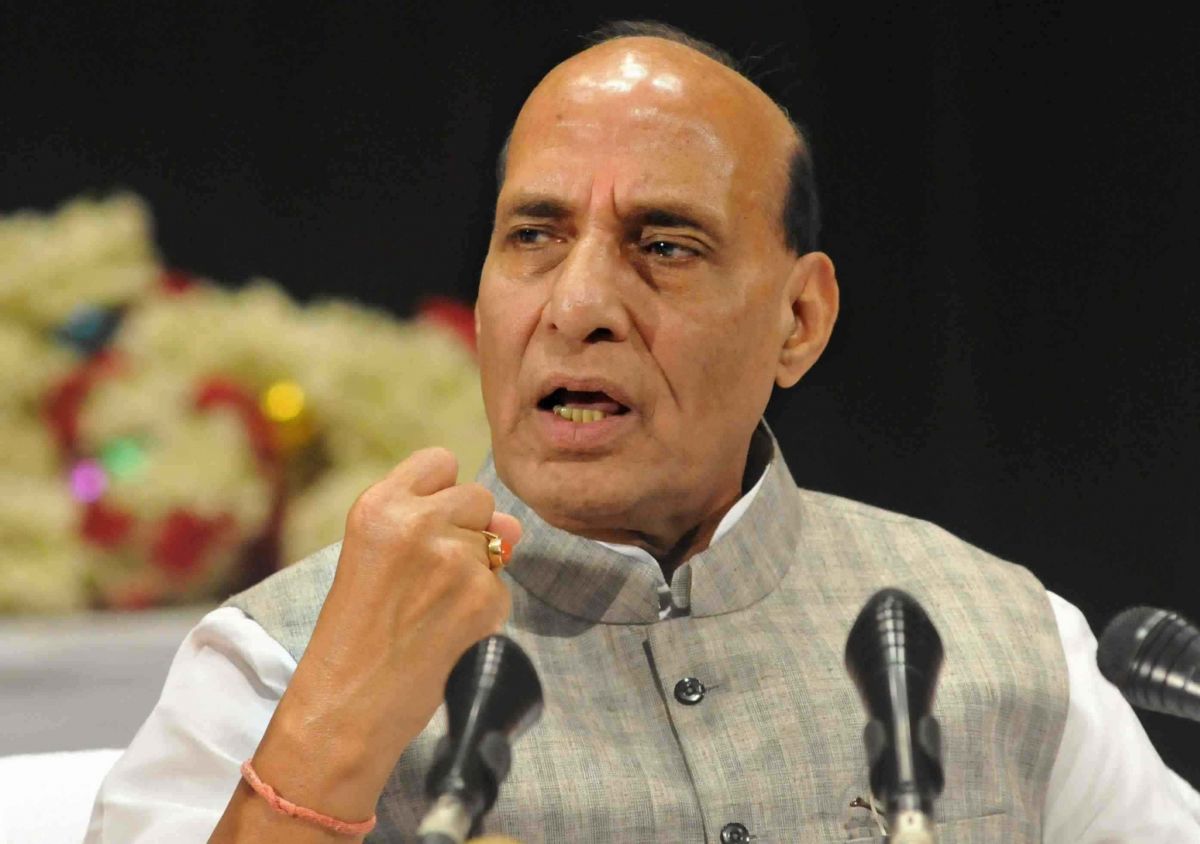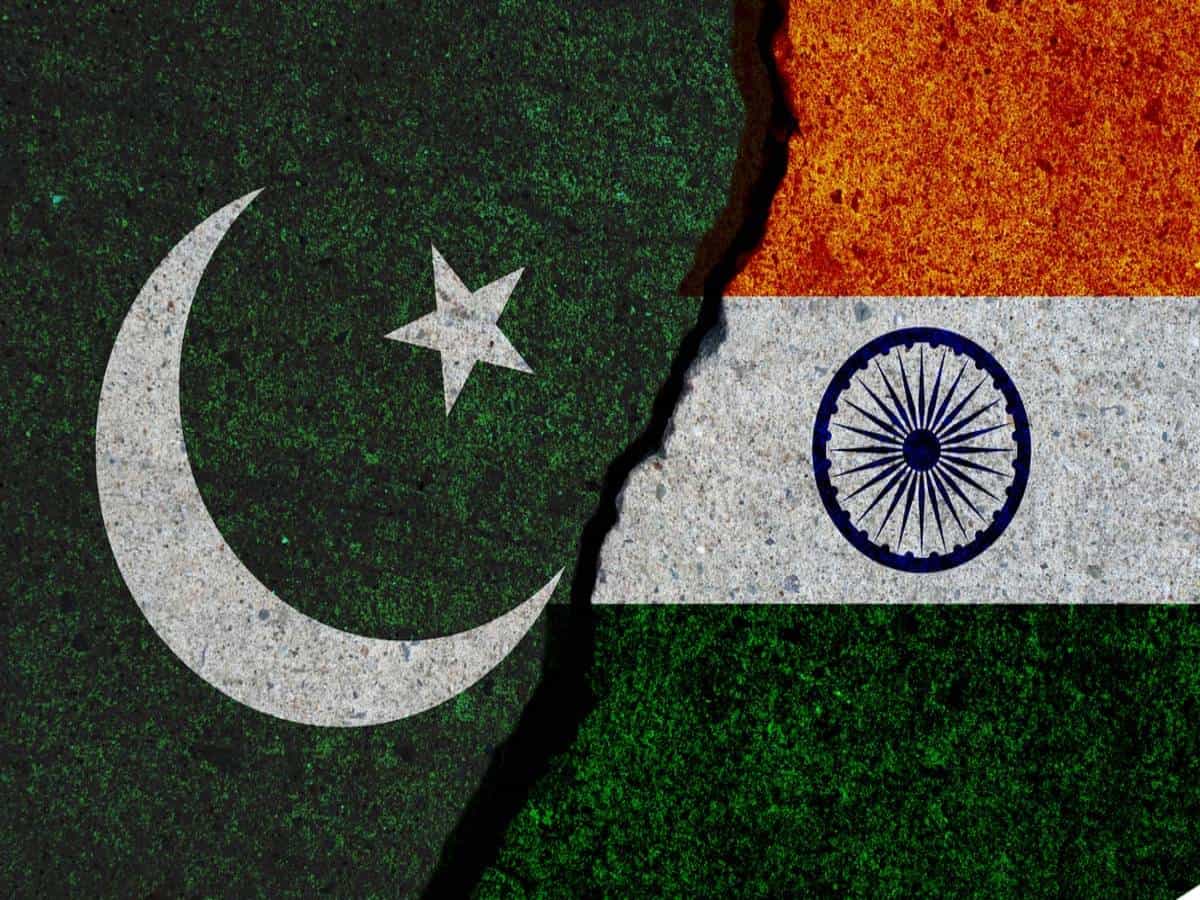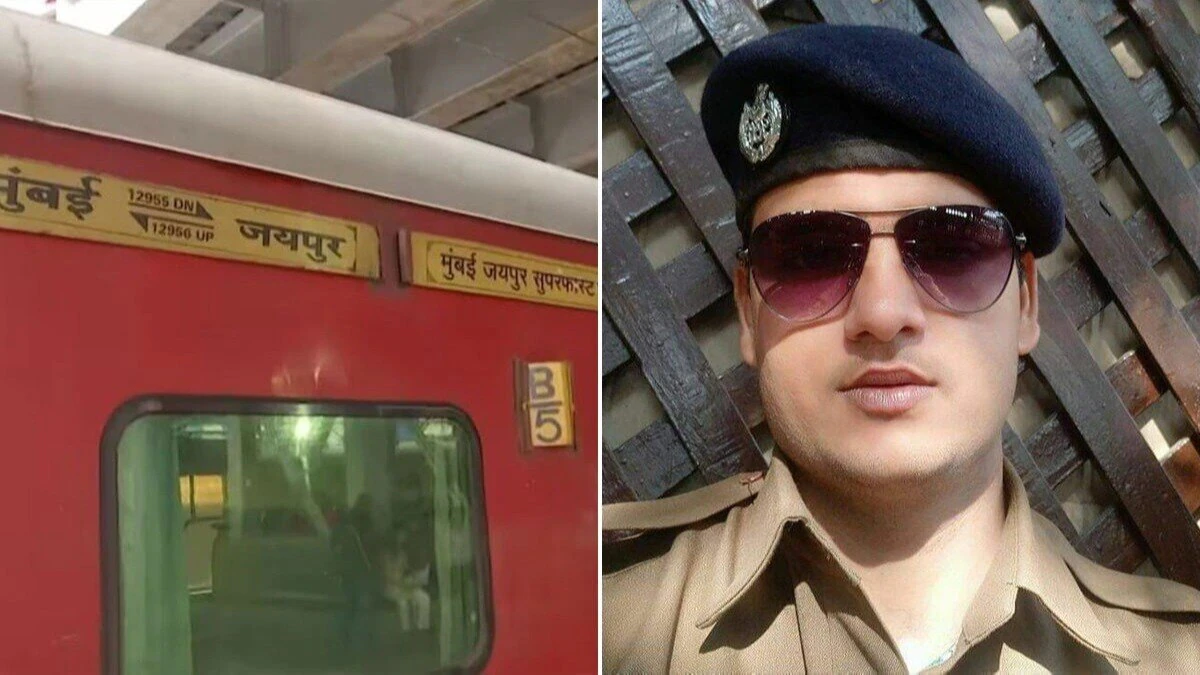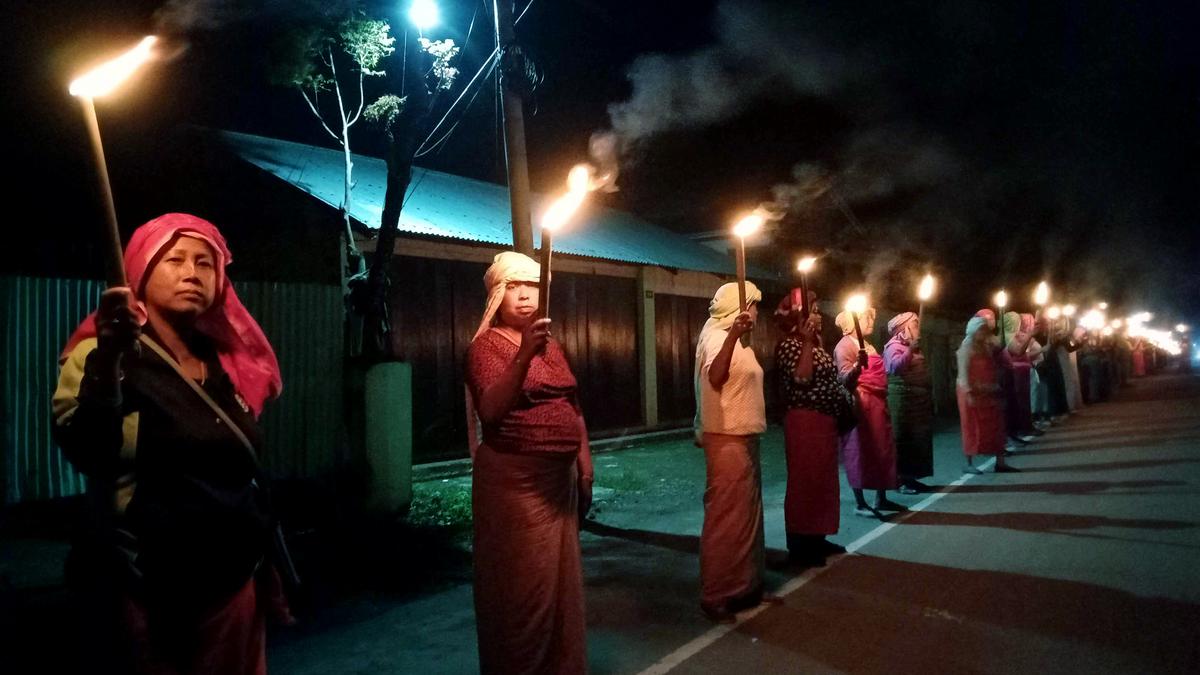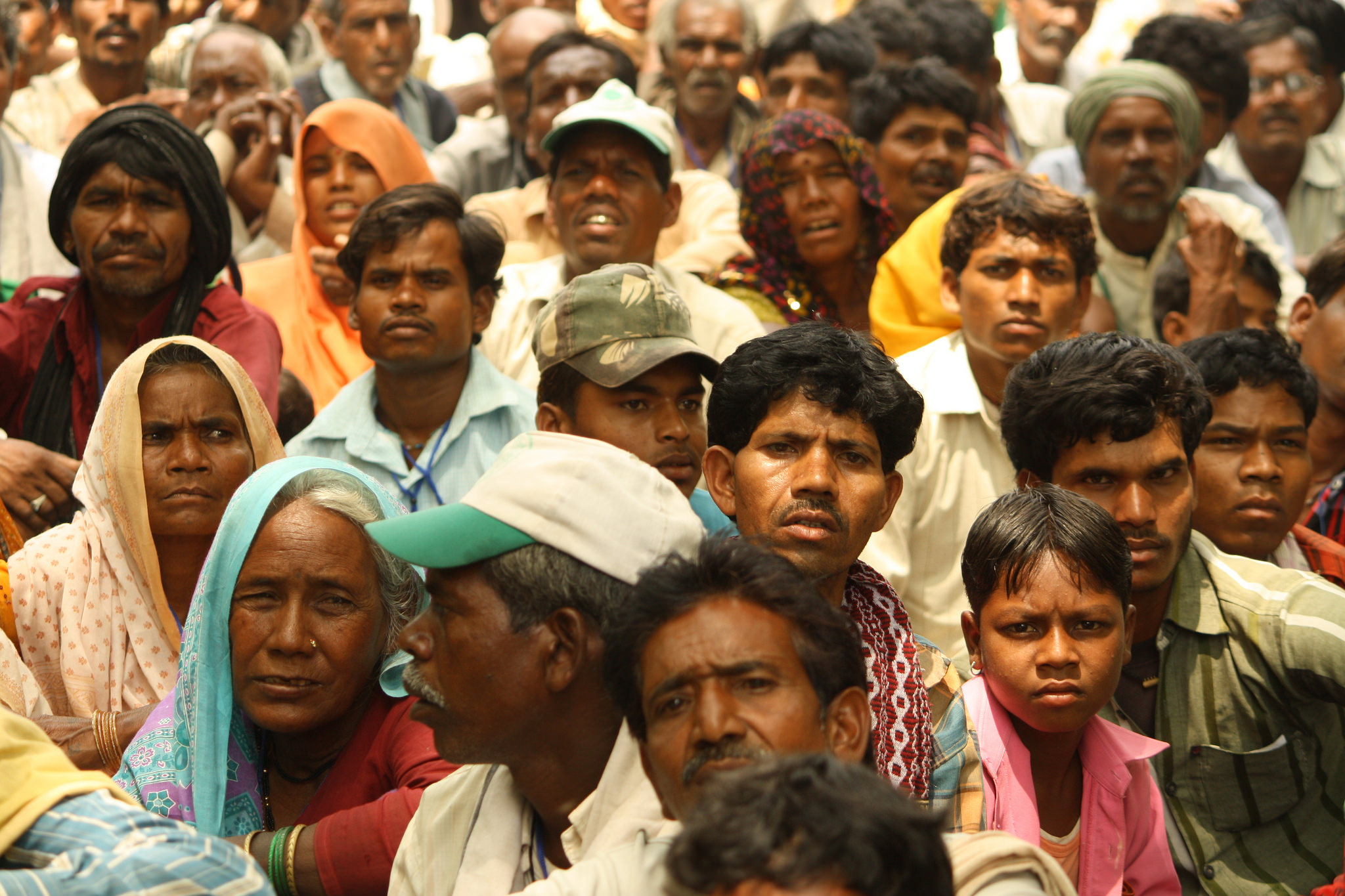One of South Asia’s most sensitive and divisive issues is the long-standing territorial dispute between India and Pakistan over the area of Jammu and Kashmir. While both nations have made several attempts to reach a peaceful agreement, tensions occasionally rise, giving rise to rumours and worries about impending military strikes.
Cross-border shooting and infiltration attempts have frequently occurred along the Line of Control (LoC), which serves as the de facto border between Indian-administrated Kashmir and the PoK. Violence and ceasefire violations have been rare, but they have also led to casualties on both sides.
The probability of a military intervention into Pakistan-occupied Kashmir is currently all the buzz in places like the drawing salons of New Delhi. Additionally, the speculation is based on the fact that five states will hold elections for their state assemblies in December and that there may also be an early Lok Sabha election. Is it just another psy-op, and are they solely directed towards Pakistan?
Another issue: Have elections and fighting with Pakistan—and no other adjacent nation—become the norm under Modi Raj? Early in 2019, combining war and elections stoked national pride in a gullible populace and brought Prime Minister Narendra Modi lucrative dividends.
At the behest of the outgoing government it is clear as day that this issue is being used to drum up support for the upcoming elections. It comes as no surprise because nothing sells in India more than anti Pakistan narrative. Whenever a distraction is needed, an anti Pakistan rhetoric is just the right ingredient to distract the nimble minds of the masses. It just never gets old because it sells like hot cakes.
In an effort to “avenge” the Pulwama tragedy, the prime minister took a risk by canvassing votes, especially from first-time voters. But former J&K governor Satyapal Malik has recently helped us see things differently. He has revealed that Pulwama was an elaborate, regime-rigged cleverness at the cost of the lives of 40 CRPF jawans to find a false justification to send attack aircraft across the Line of Control to bomb Balakot, which was billed as a terrorist stronghold, and that the tears it produced were the crocodile tears of the high-ups.
And right now? The same trick will work again. Will such Goebbels-style patriotism be exposed as phoney or used as a cover for mediocre politics that are meant to divide people along religious lines?
The future will tell whether the trick succeeds a second time, but since it was initially successful, its executors might be persuaded to give it a shot. The government appears to be in serious trouble. Since its performance on the domestic front is dismal and difficult to list coherently without playing ducks and drakes with the data, and its managers have received criticism for carrying out their duties in a professional manner and refraining from taking actions to advance the government’s propaganda drive, it is likely to grasp at any straws. It is consequently difficult to completely dismiss the possibility of confrontations on election night.
And this raises the question: If our forces are instructed to move, will the boundary be on an Indian electoral map or someplace else on the world map? When the warriors have paid the ultimate price and planted the flag across the front lines, or when the elections are won, will the mission be considered a success?
In any case, the defence minister Rajnath Singh’s remarks on July 26 from Drass, a town close to Kargil in the Union Territory of Ladakh, where fierce fighting had taken place in the snowy heights, went far beyond simply remembering India’s renown victory over Pakistani invaders in a brief but bloody conflict in 1999. In reality, the raksha mantri fueled hushed discussions about the rumours of a military jab and thrust.
And it wasn’t the only instance. Speaking from Jammu a little over a month prior, Singh had brought up the same subject: the deployment of our military into PoK. The remarks made by the defence minister, when combined, have been shocking. He even claimed that it would be quite simple to strike across the Line of Control and that our men were courageous, resolute, and ready—it was just a matter of when.
Even while praising their soldiers, politicians at the top serve their country better by exercising discretion rather than using colourful language in a nuclear-armed area where little errors might result in catastrophic harm. When Atal Bihari Vajpayee was the prime minister, Madan Lal Khurana, a popular and well-liked leader of the Delhi BJP, had lost his cabinet position after slapping his thighs and challenging Pakistan to a “dangal,” or wrestling match, in the manner of a village kabadi game.
Is the military minister simply repeating what he has already said, or is he giving a command performance before the election? There are no surprises if the latter is the case. The former BJP national president and chief minister of Uttar Pradesh, the biggest state in the nation, is now only a shell of the person he once was in public. He may have found it difficult, but he eventually learned to lower himself to be heard. On the other hand, if Singh is acting independently, effectively acting as his own master for this particular performance, he is demonstrating to the world that he is a simpleton, a neophyte in the world of geopolitics, and cannot be trusted to fully execute his duties as defence minister unless the signalling is carefully considered at the highest levels and serves a higher purpose than we realise.
Prime Minister Modi recently won accolades from international leaders, notably his closest allies, the Americans, when he told Russian President Vladimir Putin that now was not the time for war in the context of Ukraine. Evidently, Singh hasn’t been affected by the experience at all. He appears to be pointing out a new axiom: although it may be good and healthy for his boss to warn the Russians about the perils of starting war, it is in fact brave and patriotic for him to engage in some pre-election sabre-rattling against Pakistan.
Although Pakistan has its share of loose cannons, it is a nation where idiocy has long trumped common sense in both the social and political realms. The issue is that it seems like we’re determined to follow in their footsteps now.
While our far too brazen defence minister enjoys thumping his chest, occasionally donning a cockily slanted military-style hat, and copying military bearing in every way he can, he and his cabinet colleagues make fervent, barely concealed appeals to the Chinese to return to their side of the Line of Actual Control in eastern Ladakh. These are requests rather than expressions of “red eyes”. That belongs to a different neighbour.
If you’ll excuse the irony, it’s a funny scenario. But if one day the Chinese defence minister or even a minor dunderhead from the other side of the Great Wall of China chose a chauvinist moment—and these are a dime a dozen in our Chinese comrades’ playbook—tto declare that at a time determined by Beijing, PLA soldiers would once again cross the ribbon of water in Galwan and plant their flag on India’s side of the LAC, it wouldn’t be as funny. The Chinese threat-mongers are free to make similar claims from the Bhutanese side of the Doklam conflict, where they are hard at work establishing new settlements with military and intelligence operatives as the only occupants rather than farmers watering rice paddies.
Just a few days ago, a chief of the Indian Army who had recently retired told a crowd that was primarily made up of journalists that the perception of threat on our western front (Pakistan) had decreased and that this had allowed us to move forces in significant numbers to be deployed to counter the northern (Chinese) threat. The infiltration figures for J&K reflect this reasonable estimate.
However, the distinguished soldier believed it was OK for his former commander to make hostile remarks about the LoC in order to keep the enemy “off balance”. Is he for real? Such schematized reasoning is nothing short of amazing. The highest military officials in India don’t appear to be aware that Pakistan has two close allies who are permanent members of the UN Security Council: the United States and China. Regardless of whether the Indian defence minister’s aggressive comments serve a domestic communal goal, neither is likely to find them amusing.
Given that the Modi administration is widely seen to be skating on thin ice and requires the pill of communalism wrapped in a poultice of communal hate to tide over election season, their minds are likely to turn to the regional security dynamics.
Nevertheless, a military solution to the Kashmir problem is not an option because of its complexity and sensitivity. It is essential that Pakistan and India maintain a constant diplomatic dialogue in order to arrive at a peaceful and amicable conclusion. People-to-people interactions, cross-border collaboration, and confidence-building initiatives might all contribute to fostering an environment of trust and understanding.
Jammu and Kashmir’s territorial dispute has been a source of hostility between India and Pakistan for many years. While worries about a possible Indian military incursion into Pakistan-occupied Kashmir continue, diplomatic engagement and a peaceful conclusion remain the best course of action. A dedication to discussion and finding common ground to resolve the Kashmir conflict and advance towards long-lasting peace in the area are essential for regional stability and the welfare of the people of both states.
